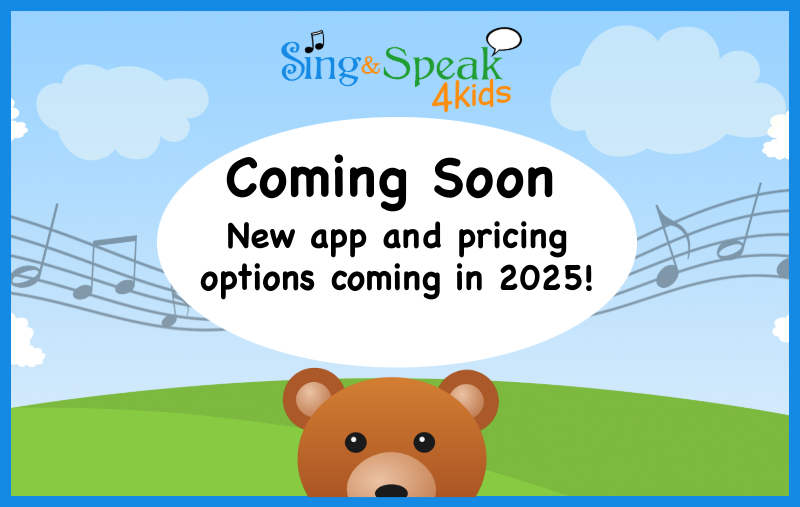If a child isn’t quite hitting the expected language milestones, or perhaps their sibling used more words at the same age, it might cause their parents some concern. So how do you know if your child is just moving at their own pace or if there’s a problem? Unfortunately, there’s no way to know for certain. ASHA gives some guidelines to help caregivers be aware of risk factors that might indicate language difficulties, though.
- Does your child understand what you say? Kids who struggle with receptive language may also have expressive language delays
- Does your child use gestures? Things like pointing, waving, or raising their arms to be held are good signs that point toward future language growth
- Is your child learning new words? Even if the pace is different from their peers, children should still be learning and trying to use new words each month
No matter what, trust your intuition. If you have concerns, seek an evaluation from a speech language pathologist rather than waiting to see if they “outgrow” their language delays. An SLP can help measure your child’s abilities, track their progress, and give you activities to do at home to encourage language development.



